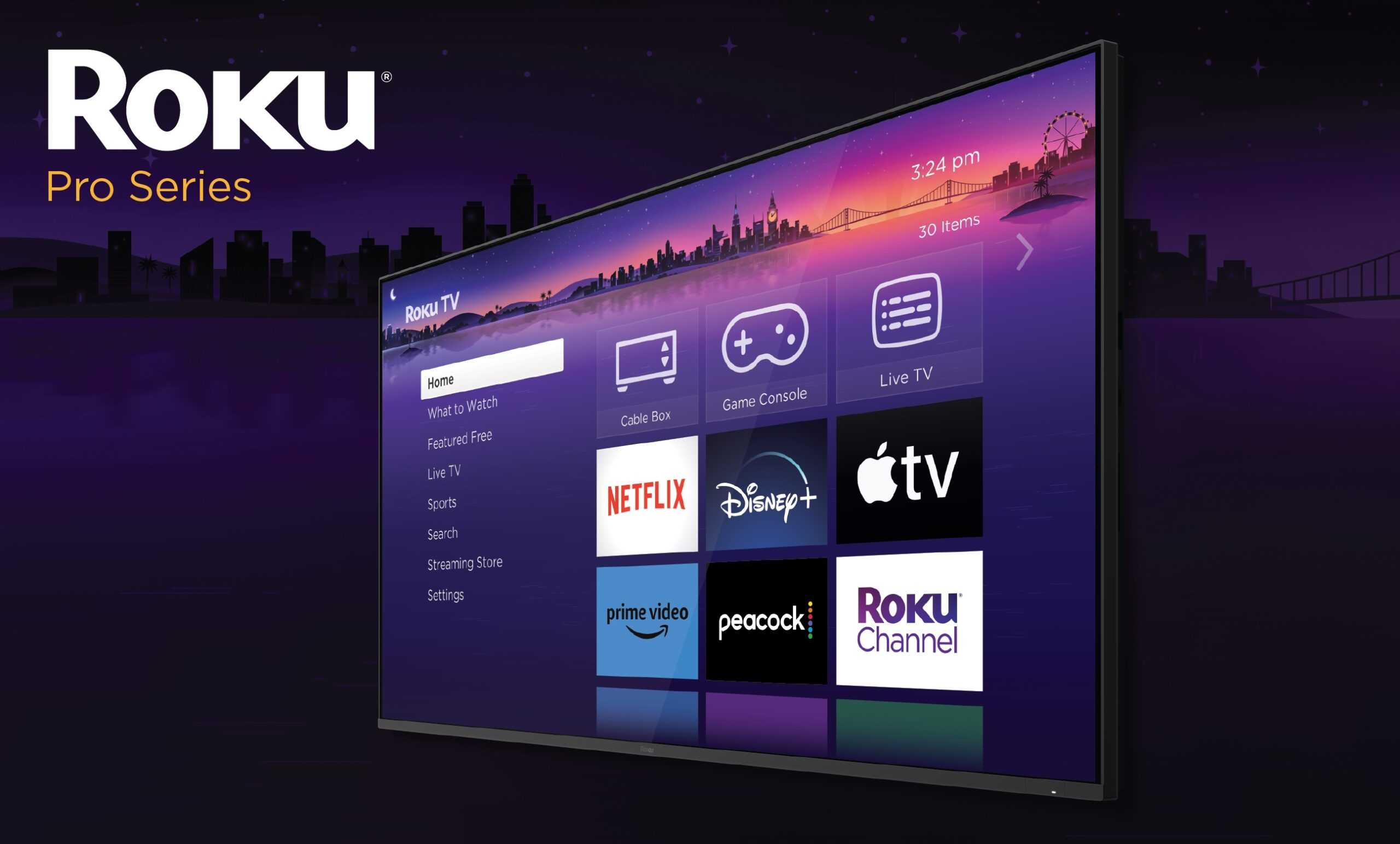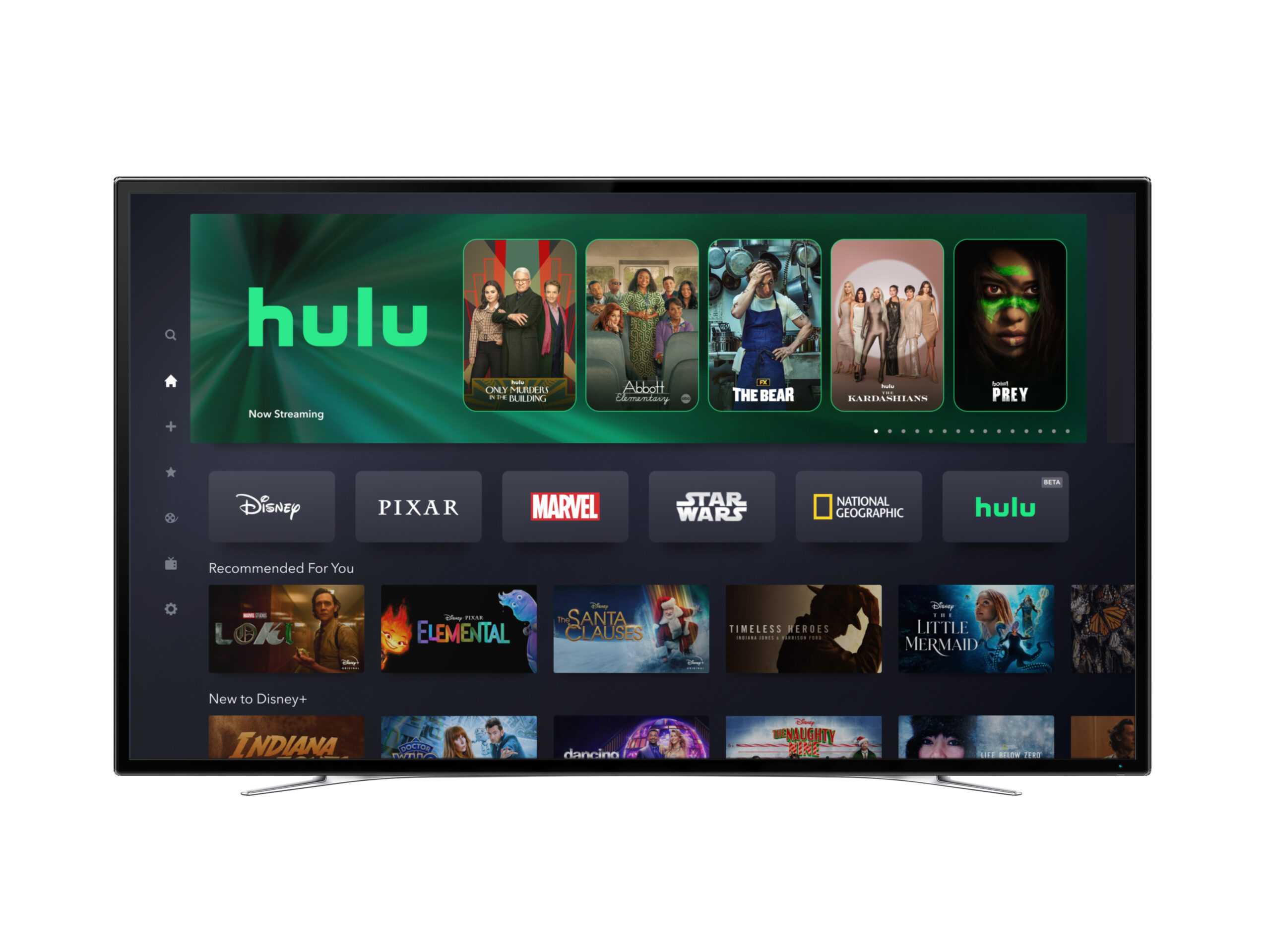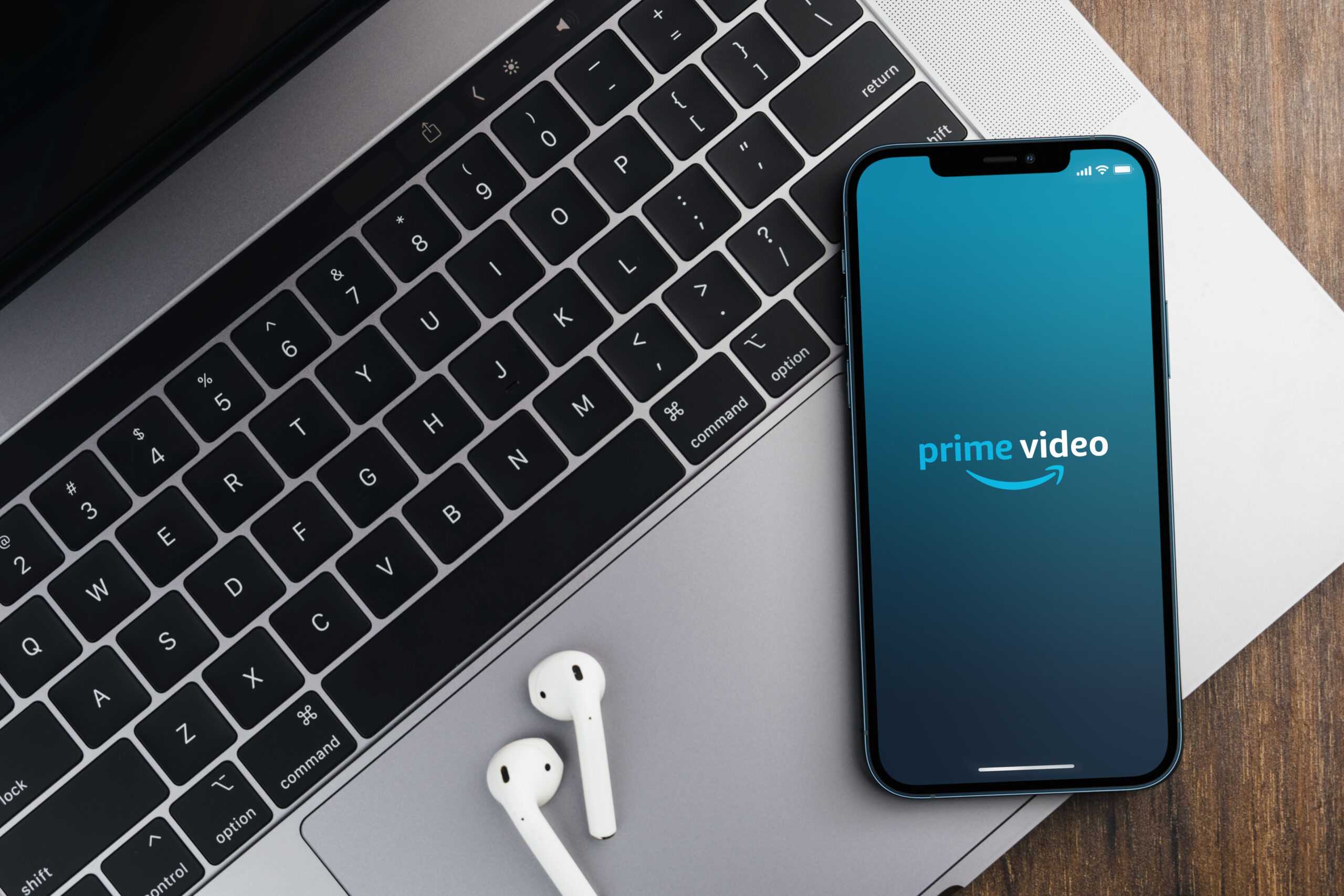Quibi, the short-form mobile video service launched six months ago by Jeffrey Katzenberg and Meg Whitman, hasn’t been able to find the traction its founders were hoping for, and is reportedly considering a number of “strategic options” currently, including an outright sale, as reported by The Wall Street Journal. Although Quibi is well-funded, having raised over $1.75 billion, its “quick bite” format hasn’t fully resonated as a subscription service, and the company is expected to see only about 2 million customers this year compared to its initially projected 7.4 million for the first year.
Quibi finds itself in a market where people are accustomed to watching short videos on YouTube, TikTok, Snapchat, etc. for free, and yet its service has ads and also charges $5 monthly (or $8 monthly for the ad-free version). Katzenberg and Whitman were clearly onto something at the start of their Quibi journey, because many young people do watch a lot of short-form videos – they just don’t believe in paying for that content. According to Interpret’s New Media Measure®, the 18-34 demographic that advertising executives continually chase watch more short videos than any other age bracket in the US. Specifically, the 18-24 age group watches 6.2 hours of short videos per week, while the 25-34 age group watches 4.8 hours of short videos each week.
“In many ways, consumer data reinforced the Quibi premise. Young consumers were increasingly viewing massive volumes of short-form content on mobile devices,” said Brett Sappington, Vice President at Interpret. “However, industry examples in short-form video suggest a different story. Several players have attempted subscription short form without success. In fact, YouTube had both original content and the ability to directly promote its YouTube Premium service to virtually all short-form video viewers, and that still wasn’t enough. Even at a low price, consumers have to perceive an incremental value for a service to be successful. So far, consumers are fine with what they get for free.”
For the subscription video market, procuring the right content is crucial – Netflix, Disney, Hulu, and others are all pursuing exclusive content strategies. Notably, Quibi owns none of the content it offers. Despite Quibi winning multiple Emmys, ABC host Jimmy Kimmel mocked the service as the “dumbest thing ever to cost $1 billion.” Quibi can still turn things around, possibly by leaning into ad-supported content without the need for a subscription. One thing’s certain: it would be foolish to underestimate Katzenberg and Whitman.







